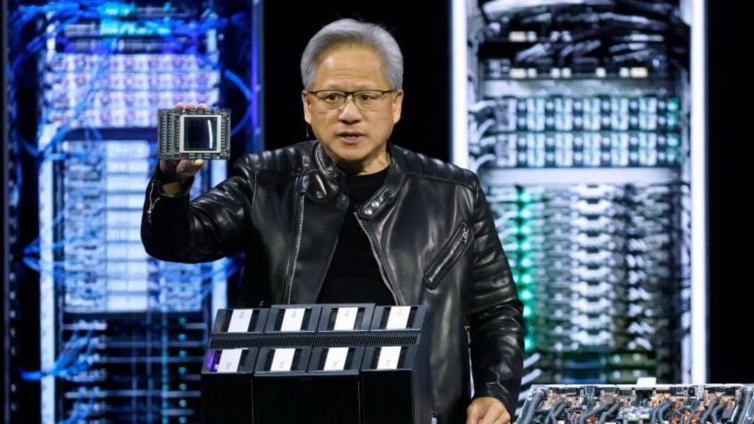Global chipmaker Nvidia is bracing for a significant financial impact following new restrictions imposed by the United States government on exports to China. The company, a leader in artificial intelligence chip manufacturing, expects a hit of $5.5 billion due to the new rules, which now require special licenses to export its advanced H20 AI chips to China and Hong Kong.
The US government’s move is part of a broader strategy to limit China's access to critical technology amid ongoing trade tensions. Federal officials informed Nvidia that the new licensing requirement will remain in effect indefinitely, citing concerns that the chips could be used in or diverted to Chinese supercomputers.
Nvidia’s H20 chip, which has been widely adopted in China, is now at the centre of the restrictions. This development led to an immediate reaction in financial markets, with Nvidia’s shares dropping nearly 6% in after-hours trading. The company has since acknowledged that the potential losses will stem from inventory adjustments, purchase commitments, and related reserves tied to the H20 product line.
According to Marc Einstein from Counterpoint Research, the projected loss is consistent with industry expectations. He also suggested that the move might be a tactical step in ongoing trade negotiations between the US and China. Einstein indicated there could be room for policy adjustments shortly, as the impact extends beyond Nvidia to the broader US semiconductor industry.
Nvidia has long played a pivotal role in the development of AI technologies. Originally known for designing graphics processing units for gaming, the company’s innovations in AI hardware have positioned it as a cornerstone of the global tech industry. Its chips are now widely used in machine learning applications across industries, marking it as a critical player in the race for AI supremacy.
The current export controls are not the first to target Nvidia. Earlier this year, the emergence of a cost-effective Chinese AI chatbot called DeepSeek raised concerns in the US about being outpaced in AI development. This prompted policymakers to consider stricter regulations on tech exports, including high-end chips.
Industry analysts suggest that if the restrictions persist, the US and Chinese semiconductor supply chains may become completely separated. Rui Ma, founder of the Tech Buzz China podcast, emphasised that Chinese companies will likely reduce their dependence on US-made chips, especially as China continues to expand its own data centre infrastructure.
As the chip war intensifies, Nvidia's situation reflects the broader geopolitical struggle shaping the future of global technology leadership.



No comments yet
Be the first to share your thoughts!